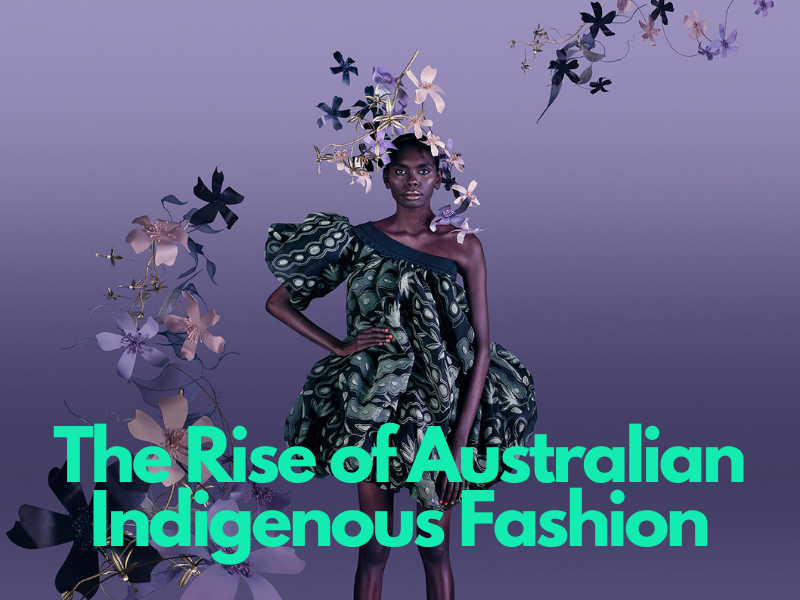Fashion Piracy
Smaller niche fashion brands are increasingly having their designs copied by larger fast fashion online retailers, leaving them with limited options for resolution. A number of smaller designers have been calling out cheap online clothing websites like Shein, Wish and Forever 21, who have been blatantly ripping off designs.
These online juggernauts are incredibly popular with the Gen Z market but increasingly, many of its customers are calling for accountability amid accusations of fashion piracy.
Shein has been found to have stolen over 20 designs from creative independent, Californian-based high end handmade crochet craft label Prado. Prado has challenged Shein on their social channels and found support from their followers and other designers who have experienced similar plagiarism disputes with the online discounted fashion retailer.
Says Designer Bailey Prado: “If I continue to have my designs stolen then I hope to have enough support that we as consumers can fight back or change things, not let fast fashion companies make designers feel afraid to show their art,” she explains.
When it comes to fashion, copyright law is a big grey area. This means that a designer is not able to claim copyright protection for items of clothing that serve a basic function. As an example, designers can’t claim copyright protection for crochet or knitting or a “top”, “skirt” or “jacket” but can copyright the creative aspects of their design that make it distinct from others, such as original print or patterns. The confusing nature of the law in this instance makes adequate legal coverage confusing and expensive. It’s in the grey areas of the law that some fast fashion retailers thrive because the law allows cheap online fashion companies to take styles, shapes and silhouettes from a runway show and ‘reproduce them quickly and at a lower cost with a few minimal changes’, suggests Julie Zerbo, the lawyer and journalist behind The Fashion Law blog.
Occasionally brands have called out the imitation on instagram and other social channels and received positive responses from reputable and socially responsible fast fashion retailers. Forever 21 copied a design from not-for-profit social enterprise Koreatown. When their collegiate designs were copied and they outed Forever 21 on social media, the fast fashion retailer called and apologised and donated profits to its social enterprise. However, unfortunately, this is not the norm.
Want to discuss the latest topics of conversation and issues of interest in the fashion industry? We can share our industry insights, advice and best practice themes on any relevant matter.Speak to Janine, Nat and Amy from Permanser.










